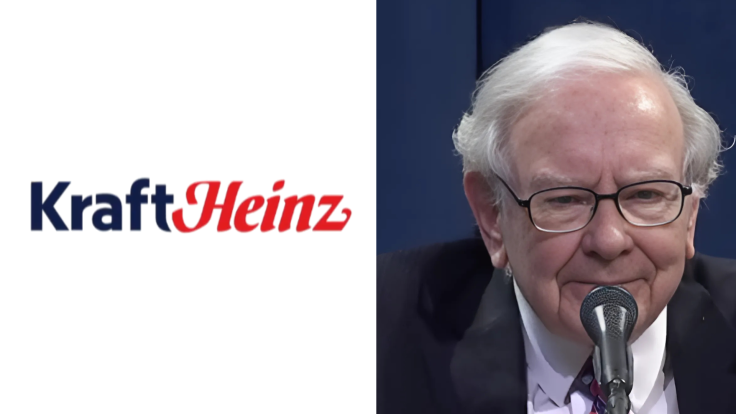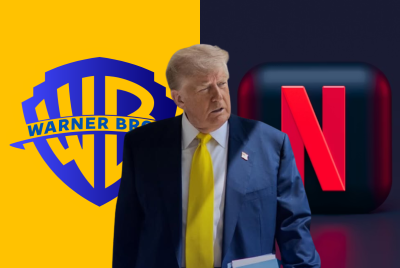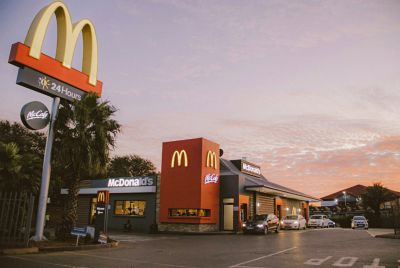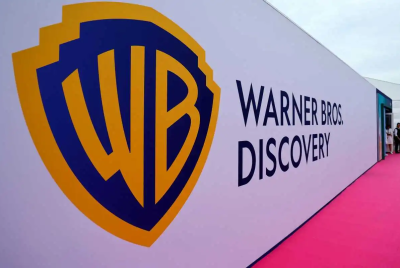Buffett's Kraft Heinz Merger Branded A 'Rare Misstep' As Iconic Food Giant Splits In Two
Kraft Heinz to divide into two companies, with Buffett's $55bn merger called one of his rare investing errors.

Once the world's fifth-largest food company, Kraft Heinz has revealed plans to split into two independent businesses, a decade after its high-profile merger backed by Warren Buffett's Berkshire Hathaway and Brazilian investment firm 3G Capital.
The decision, unveiled on 2 September 2025, acknowledges strategic misalignment and aims to restore growth through sharper brand focus with restructuring centred in Chicago and Pittsburgh.
Two Companies, Two Strategies
The company will be divided into:
- Global Taste Elevation Co, handling international sauces and seasonings, including Heinz ketchup, Philadelphia, and Kraft Mac & Cheese—generating over $15 billion in annual sales.
- North American Grocery Co, focusing on staple products like Oscar Mayer, Kraft Singles, and Lunchables—bringing in roughly $10.4 billion.
CEO Carlos Abrams-Rivera will lead the North American division, while a head for the global arm is yet to be appointed. The split is expected to be finalised by the second half of 2026 via a tax-free spin-off configuration.
How the Merger Unfolded
The Kraft Heinz merger began in 2015 as a $ 16.7 billion tie-up orchestrated by Berkshire Hathaway and 3G Capital. It was billed as a landmark deal that would consolidate household brands from Heinz ketchup to Kraft macaroni cheese under one roof. At the time, it created one of the most potent names in consumer goods, backed by Buffett's reputation for savvy, long-term investments.
But cracks emerged quickly. Aggressive cost-cutting by 3G, paired with shifting consumer tastes away from processed foods, eroded the company's standing. By 2019, Kraft Heinz was forced to write down more than $15 billion in brand value, a clear sign of declining strength.
Why Buffett Calls It a 'Misstep'
Buffett has rarely admitted mistakes during his decades at Berkshire, but he has been candid about Kraft Heinz. In past shareholder meetings, he stated that the company's challenges stemmed from overpaying for Kraft and underestimating the shift toward fresher, healthier products among consumers.
Speaking after news of the split, Buffett described the deal as 'a rare misstep.' Analysts echoed that view, noting the problems reflected broader miscalculations about the pace of change in global food markets.
For Berkshire Hathaway, the investment has been disappointing. The conglomerate still owns a significant stake in Kraft Heinz, but returns have fallen far short of Buffett's hallmark deals like Coca-Cola or See's Candies.
The Split: What It Means
Kraft Heinz will now be divided into two standalone companies. One will focus on condiments and international markets, anchored by Heinz ketchup and sauces. The other will handle North American grocery staples, including Kraft macaroni, Velveeta, and Oscar Mayer meats.
Executives say the move is intended to unlock shareholder value and give each division more focus. By separating growth-oriented brands from slower-moving packaged goods, Kraft Heinz hopes to compete more effectively in a crowded market.
Shareholders responded cautiously. Shares initially dipped on Wall Street before stabilising as investors weighed the prospects of two leaner companies. Industry observers warn that splitting a giant does not guarantee a turnaround, but it could give management teams greater flexibility.
Wider Lessons and Industry Impact
The Kraft Heinz breakup offers a cautionary tale for mega-mergers in consumer goods. While the deal promised synergies and scale, it showed how quickly legacy food brands can lose relevance. Rivals such as Nestlé and Unilever have already pivoted toward healthier lines, while Kraft Heinz lagged.
For Buffett, the episode underscores that even the 'Oracle of Omaha' can miscalculate. His acknowledgement of the mistake reflects both transparency and a willingness to adapt strategy when faced with shifting realities.
As for Kraft Heinz, the coming months will determine whether two smaller, sharper companies can succeed where the combined giant faltered. For now, the split remains both a corporate reset and a symbol of the limits of scale in a rapidly evolving industry.
© Copyright IBTimes 2025. All rights reserved.





















